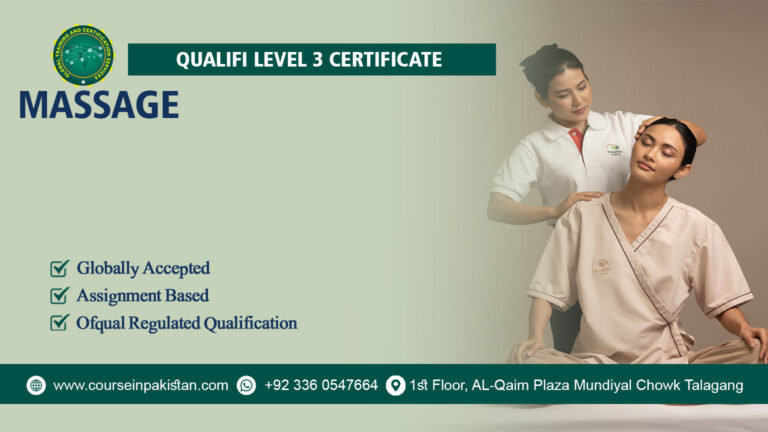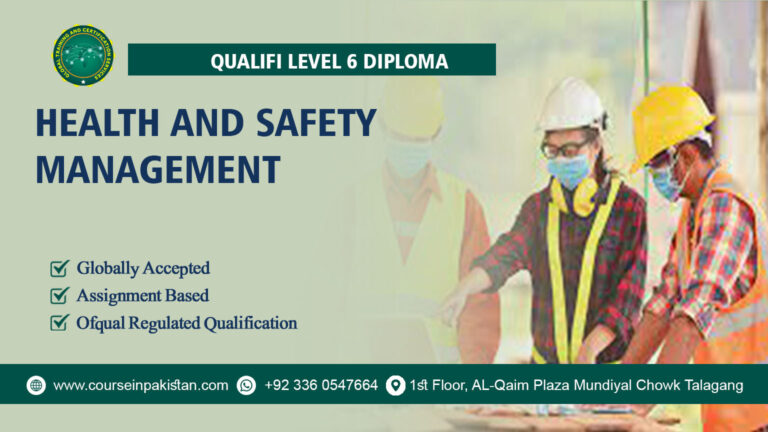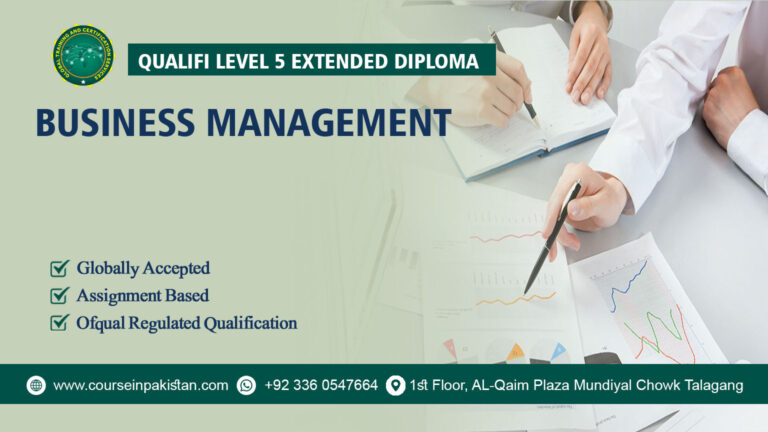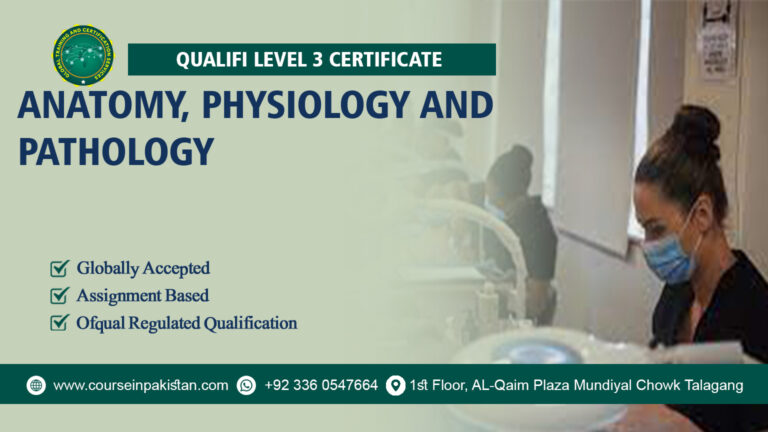
Qualifi Level 3 Integrated Diploma in Business and Management
Are you eager to kickstart your career in business and management? Or perhaps you’re seeking to enhance your existing skills and credentials in these fields? The Qualifi Level 3 Integrated Diploma in Business and Management offers a comprehensive foundation that can pave the way for a successful career in various business sectors. In this blog post, we’ll delve into what this diploma entails, its benefits, study units, learning outcomes, target audience, and future progression opportunities.
The Qualifi Level 3 Integrated Diploma in Business and Management is designed to provide learners with a robust understanding of essential business and management principles. Whether you’re aiming to enter the workforce with a solid foundation or advance within your current role, this diploma equips you with the necessary skills and knowledge to thrive in today’s competitive business environment.
This integrated diploma covers a wide range of topics crucial for effective business management:
- Business Operations and Strategy
- Marketing Essentials
- Human Resource Management
- Financial Management
- Business Ethics and Corporate Social Responsibility
- Leadership and Team Management
Course Benefits
- Comprehensive Skill Development: Gain practical skills in key areas of business and management.
- Career Advancement: Enhance your career prospects with a recognized qualification.
- Flexibility: Study at your own pace with online learning options available.
- Industry-Relevant: Content aligned with current business practices and trends.
- Cost-Effective: Affordable compared to traditional university degrees.
Course Study Units
The study units in this diploma program include:
- An Introduction to the Business Environment
Business Resources
An Introduction to Marketing
Human Resource Management
Business Communication
Understanding Health and Safety in the Business Workplace
Managing Business Operations
An Introduction to Finance
An Introduction to Leadership Skills
Organisational Culture
Workplace Welfare
Thinking Entrepreneurially
Learning Outcomes
1. An Introduction to the Business Environment
Learning Outcomes:
- Understand the key elements and components of the business environment.
- Analyze how external factors influence business operations and decision-making.
- Evaluate the impact of economic, political, and social factors on business activities.
- Develop strategies to adapt to changes in the business environment.
2. Business Resources
Learning Outcomes:
- Identify different types of business resources including human, financial, and physical resources.
- Manage and allocate resources effectively to support business objectives.
- Analyze resource utilization and optimize resource allocation strategies.
- Develop strategies for sustainable resource management within organizations.
3. An Introduction to Marketing
Learning Outcomes:
- Understand the fundamental principles and concepts of marketing.
- Analyze market trends and consumer behavior to develop effective marketing strategies.
- Develop marketing plans and campaigns to promote products or services.
- Evaluate the effectiveness of marketing activities and make data-driven decisions.
4. Human Resource Management
Learning Outcomes:
- Understand the role and functions of human resource management within organizations.
- Develop skills in recruitment, selection, and retention of employees.
- Implement strategies for employee development and performance management.
- Apply employment law and regulations to ensure compliance and fair treatment.
5. Business Communication
Learning Outcomes:
- Develop effective communication skills essential for business environments.
- Communicate information clearly and concisely using appropriate channels.
- Foster positive workplace relationships through effective communication.
- Resolve conflicts and negotiate effectively in business contexts.
6. Understanding Health and Safety in the Business Workplace
Learning Outcomes:
- Recognize the importance of health and safety regulations in the workplace.
- Identify workplace hazards and assess risks to ensure a safe working environment.
- Implement health and safety policies and procedures to minimize risks.
- Promote a culture of safety and well-being among employees.
7. Managing Business Operations
Learning Outcomes:
- Understand the principles of business operations management.
- Develop strategies for optimizing operational efficiency and effectiveness.
- Analyze operational processes and identify areas for improvement.
- Implement operational plans to achieve organizational goals and objectives.
8. An Introduction to Finance
Learning Outcomes:
- Gain a basic understanding of financial concepts and principles.
- Interpret financial statements and reports to assess organizational performance.
- Develop budgeting and forecasting skills essential for financial management.
- Make informed financial decisions based on financial analysis.
9. An Introduction to Leadership Skills
Learning Outcomes:
- Identify different leadership styles and their impact on organizational culture and performance.
- Develop essential leadership skills such as decision-making, delegation, and motivation.
- Foster a collaborative and inclusive workplace culture through effective leadership.
- Inspire and empower team members to achieve organizational goals.
10. Organisational Culture
Learning Outcomes:
- Understand the concept of organizational culture and its impact on employee behavior and performance.
- Analyze factors that shape organizational culture including values, beliefs, and norms.
- Develop strategies to promote a positive and inclusive organizational culture.
- Foster a culture of innovation, adaptability, and continuous improvement.
11. Workplace Welfare
Learning Outcomes:
- Recognize the importance of workplace welfare in enhancing employee well-being and productivity.
- Understand legal and ethical responsibilities related to workplace welfare.
- Develop strategies to promote health, safety, and well-being in the workplace.
- Implement policies and practices that support employee welfare and satisfaction.
12. Thinking Entrepreneurially
Learning Outcomes:
- Develop an entrepreneurial mindset and identify opportunities for innovation and growth.
- Evaluate the feasibility of business ideas and concepts.
- Develop business plans and strategies to launch and sustain entrepreneurial ventures.
- Apply creative thinking and problem-solving skills to overcome challenges in entrepreneurial endeavors.
These learning outcomes are designed to equip learners with the essential knowledge, skills, and attitudes necessary to succeed in various aspects of business management and entrepreneurship. By mastering these study units, individuals can effectively contribute to organizational success, foster a positive workplace environment, and explore entrepreneurial opportunities with confidence
Who is This Course For?
This course is ideal for:
- Individuals aspiring to start a career in business and management.
- Junior managers seeking formal training and certification.
- Professionals looking to broaden their knowledge and skills in business-related disciplines.
Future Progression
Upon successfully completing the diploma, learners can progress to:
- Higher-level qualifications such as Level 4 and Level 5 Diplomas in Business and Management.
- Specialized courses in areas like International Business, Strategic Management, or Entrepreneurship.
- Entry-level managerial roles across various industries including retail, finance, hospitality, and more.
The Qualifi Level 3 Integrated Diploma in Business and Management offers a valuable opportunity to acquire comprehensive business knowledge and management skills essential for success in today’s competitive business landscape. Whether you’re starting your career journey or aiming to advance to the next level, this diploma equips you with the tools and credentials to achieve your professional goals. Invest in your future today with Qualifi and take the first step towards a rewarding career in business and management.






